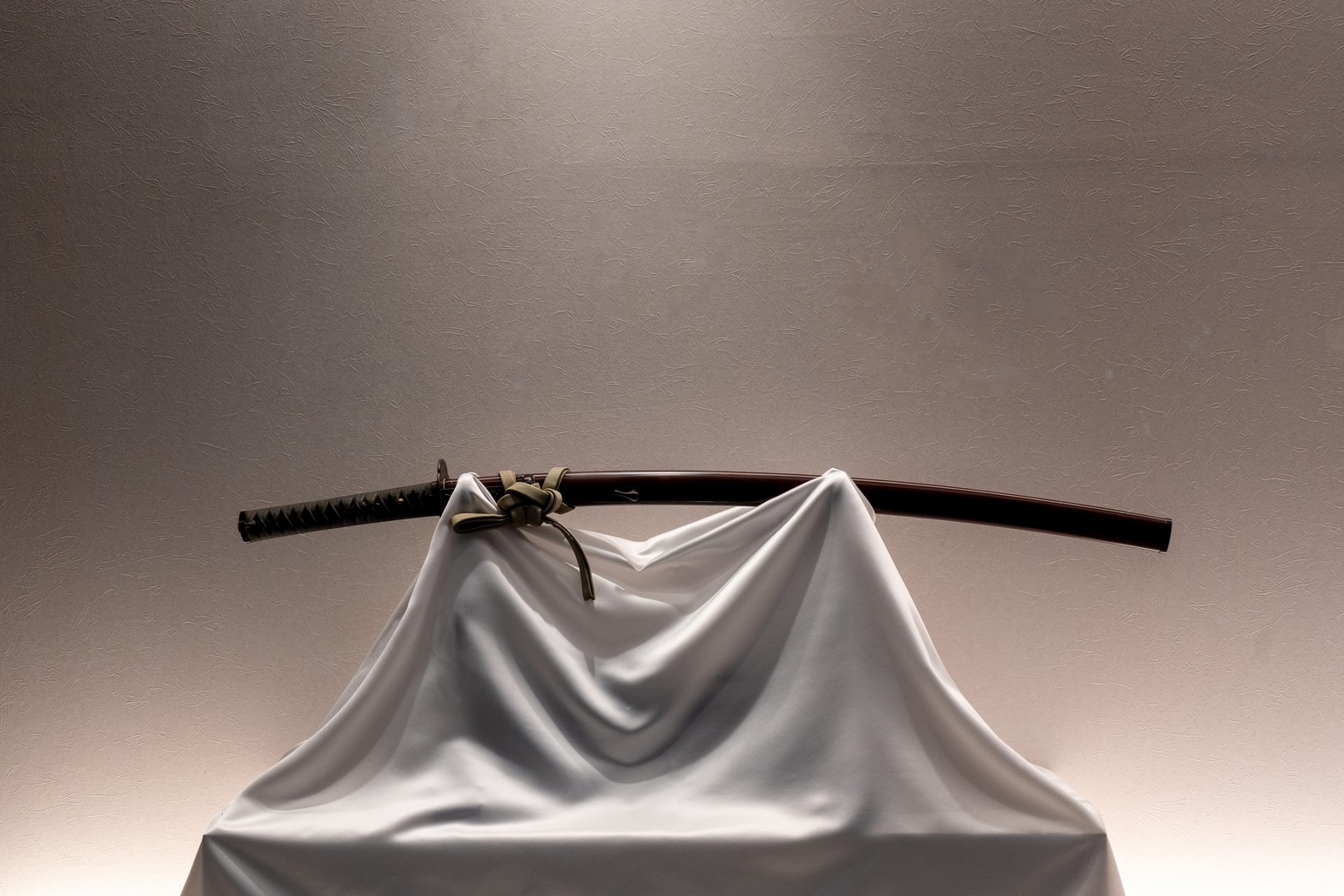Supreme Court protects the access to abortion pill... for now
On April 21, The Supreme Court preserved broad access to a ubiquitous abortion pill in the US after a conservative Texan judge overturned the FDA's approval of an abortion pill.
The Supreme Court granted emergency requests by the Justice Department and Danco Laboratories, the pill's manufacturer, to put the Texas ruling on hold until the appeals process finishes, which could take months.
"Mifepristone remains available and approved for safe and effective use while we continue this fight in the courts," Biden said in a statement issued by the White House and collected by Reuters.
Reuters explains that the case now goes back to a New Orleans Court of Appeals that will hear arguments from both sides in May. After that, the losing side could appeal, sending the case back to the Supreme Court, which will likely side with conservatives as it has done. According to CNN, Conservative Justices Clarence Thomas and Samuel Alito publicly dissented from the decision to keep access temporarily.
The Supreme Court intervention involved two conflicting rulings on the FDA's drug approval. Immediately after the conservative judge overturned it, a progressive judge protected it. The two contradictory orders left access to medication abortions in limbo in the US.
The Supreme Court has played a role in the current legal conundrum. The conservative lawsuit could be done because the Supreme Court Justices overturned Roe v. Wade, the historical case that gave a legal foundation to abortion rights in America.
Federal judge Matthew Kacsmaryk, an appointee of former Republican President Donald Trump, was expected to ban the drug in the US. Still, the ruling took longer than anticipated and came during a holiday.
Kacsmaryk ruled in favor of the Alliance for Defending Freedom, a Christian legal organization, which filed a federal lawsuit in November to challenge the FDA approval of the abortion pill, arguing it is unsafe.
After the Alliance for Defending Freedom filled their lawsuit, a group of Democrats from 17 states filled a collective counter-suit trying to protect the FDA approval of the pill.
US District Judge Thomas O. Rice, an Obama appointee, ordered the opposite of what Kacsmaryk did and directed authorities not to make any changes that would restrict access to the drug in at least those 17 states.
Both lawsuits target Mifepristone, one of the drugs in a two-step process typically used in medication abortions. Doctors prescribe this procedure when the pregnancy is interrupted in the first trimester.
More than half of abortions in the US are done with medication. According to experts cited by the AP, women prefer this option because it often allows them to go through the procedure at home, in privacy, or surrounded by their loved ones.
The two steps are pills: Mifepristone and Misoprostol. The first one stops the action of the hormone progesterone and opens the cervix, while the second one causes contractions that empty the uterus.
The FDA approved Mifepristone for abortions in 2000. The drug was created in the 1980s in France to assist with this procedure and has been safely used by many countries since then.
In countries that have not approved Mifepristone, doctors prescribe medication abortions using only Misoprostol. If the Supreme Court sides with Kacsmaryk, these pregnancy interruptions will continue in the US, but despite being equally safe, using only Misoprostol is less convenient.
According to Melissa Grant, chief operating officer of Carafem, one-pill medication abortions are slightly less effective. She told the AP that using both drugs "can be as effective as 98% or more," but only one reduces the chances to about 95%.
Misoprostol-only abortions can sometimes be more painful than abortions done with both drugs. Women have reported heavier bleeding and more painful contractions when not taking Mifepristone first.
Medical procedure abortions are also an option for American women, but they are often more expensive and complicated than medication alternatives. According to the AP, a procedure can cost nearly double.
According to the abortion rights research group Guttmacher Institute, abortions are banned or unavailable in 14 states, and 14 others restrict access to medication abortion in the US. Many women have to travel to other states to have more and safer options.
On March 24, Vice-president Kamala Harris told a group of doctors and abortion rights advocates that the Biden administration would push back on efforts to ban the drug. "The stakes could not be higher for women across America. I will continue to fight politically driven attacks on women's health," Biden said in his most recent statement.
Meanwhile, clinics and health centers are preparing for a Mifepristone ban by ordering more Misoprostol so they can change the procedure immediately.
Dr. Kristyn Brandi, chair of the Physicians for Reproductive Health, told the AP that the ruling could trigger confusion over the accessibility to medication abortions. "It's essential to communicate with people: medication abortion is not going away," she added.
More for you
Top Stories



































